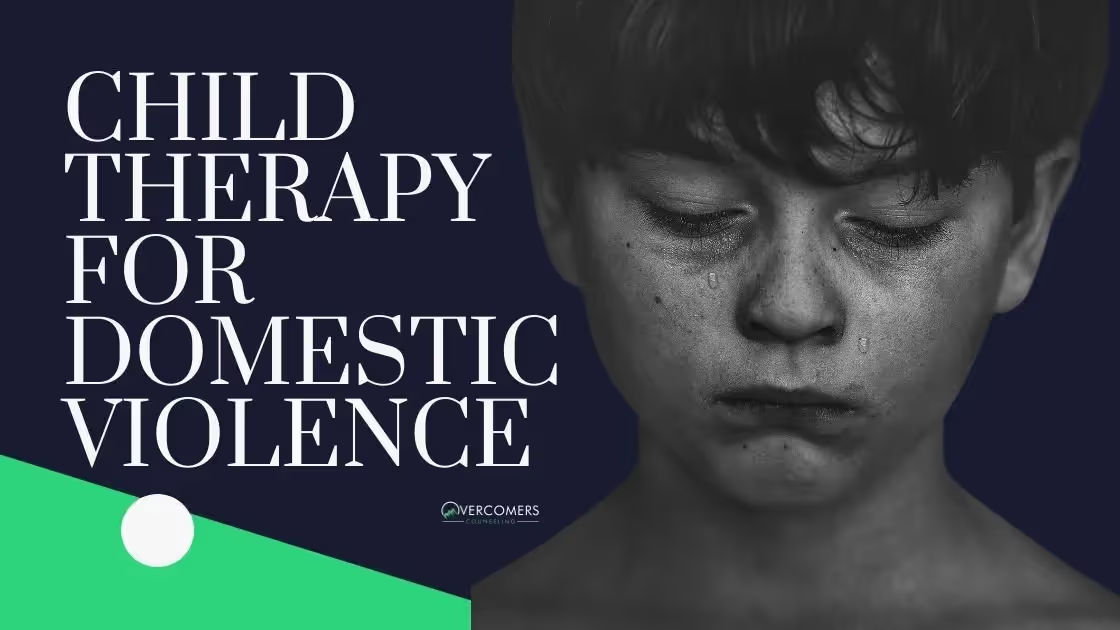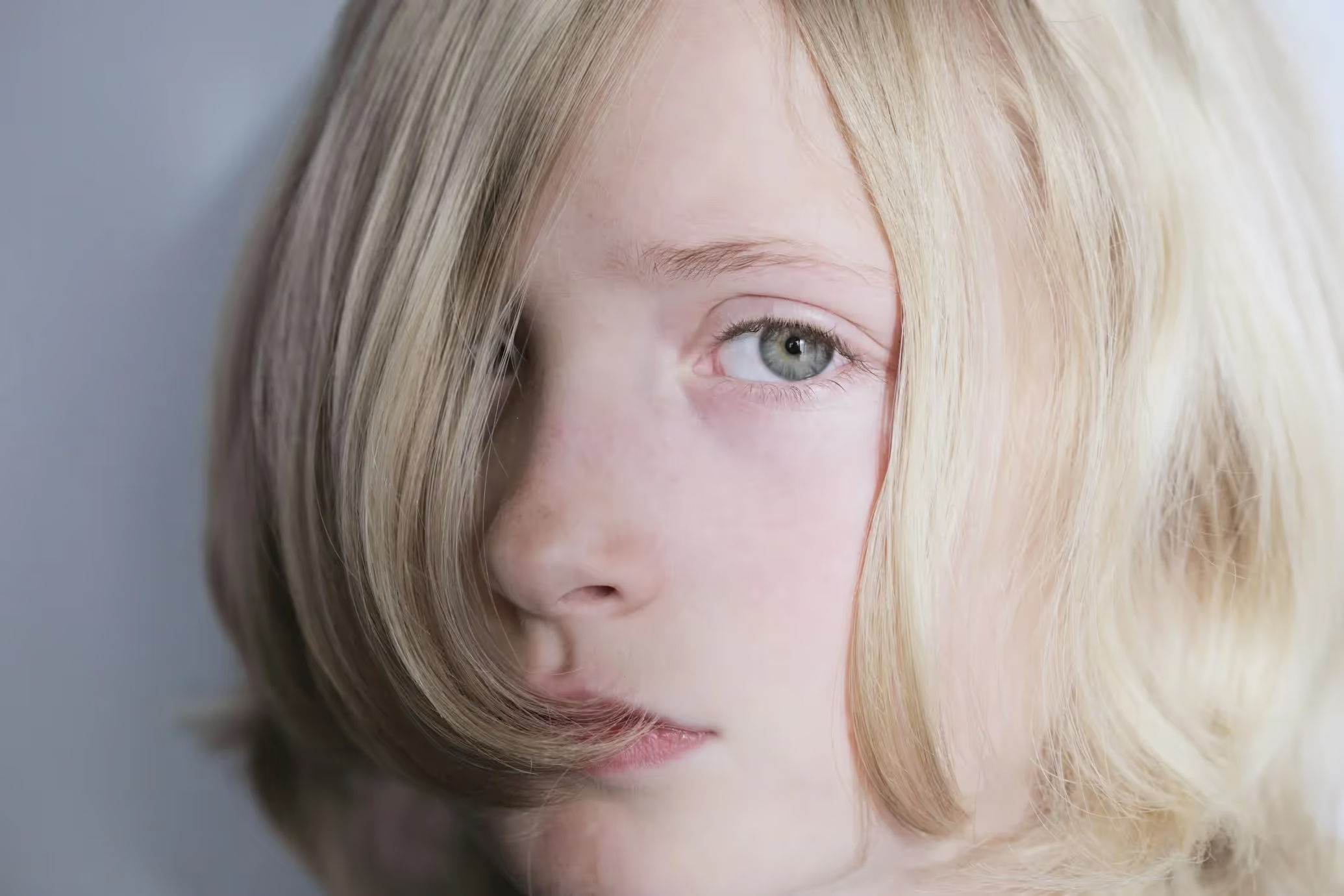Domestic violence is being highly recognized as an extreme concern, especially today. Domestic violence does not only affect partners, but it also affects...

Domestic violence is being highly recognized as an extreme concern, especially today. Domestic violence does not only affect partners, but it also affects children as well. When they have to witness something like that, it can take a toll on them. It has been found that it has terrible effects on children's minds. They display low self-esteem and may have psychological issues when dealing with this kind of violence that they are witness to on a daily basis.After you have left your violent relationship and you and your children are safe, it is time to get them into child therapy for domestic violence.This way, they have a neutral party to talk to about what went on during the course of the relationship, and how it affected them. Counselors may use a combination of talk therapy and play therapy.The latter helps children to open up quite a bit more, and sometimes therapists are even able to learn more about the situation from your child.
Children who have been exposed to seeing domestic violence may have short-term and long-term effects on them. It is estimated that over 15 million children live in a house where they have been exposed to domestic violence at least once. Even if it only happened once, children who have seen it are at risk of repeating the same circle of violence with their own partners when they become adults. Children might always be "on-guard" at home, dreading when the next violent event will happen in the home. They are at a higher risk of developing mental health conditions in the future. Some of those conditions can include anxiety and depression. They may also have poor self-esteem, too. It can also sometimes cause physical problems, too. Children are put at a greater risk of contracting illnesses like diabetes and heart disease.

This answer depends entirely on the child that witnessed it.While some children are much more sensitive to domestic violence situations, others are more resilient about it.But children can heal from this kind of trauma when there are a mix of different things in place for them. These things include a good support system, a group of trusted people who the child can speak to when they are feeling upset or stressed about the situation. Finding them the right counselor is also key in healing from that trauma. The right counselor will be able to get your child to open up and speak about the violent situations that occurred. It all depends on the age of your child, as to what kind of method of therapy that they will use to do that. For teens, talk therapy and Cognitive Behavioral Therapy (CBT) may be more suitable, and for younger children, play therapy might be a better option. Counselors can also use a combination of both to work with your child. Cognitive Behavioral Therapy is a form of talk therapy, and at the core of it, it helps to turn negative thoughts around into positive ones. The counselor will also give your child the right tools in order to begin to feel better.

The very first thing that you need to do, is take good care of yourself in order to be able to take good care of your children. Make time for self-care when you can, even when life gets busy. But, there are plenty of other ways that you can help your child in their journey to healing from this type of trauma. In addition to counseling, some examples include:- Helping them find the right type of support system. Besides you, their parent or guardian, help them find another trusted adult that they are able to talk to when they need to. This can be a school counselor, a therapist, or other adult that they are comfortable talking with. A note about school counselors - if they suspect that there is still domestic violence going on, they are legally required to report it to the proper authorities. - Speak to them about what a healthy relationship looks like. Let them know that a good and healthy relationship does not look like what they have witnessed. Give examples of what healthy relationships are and what they look like. By doing this, when they get to the age that they start dating, they will know what a healthy, loving and nurturing relationship with another person looks like. - Ease their fears. Many children take on that burden of holding onto the domestic violence and somehow thinking it was their fault, which is the furthest thing from the truth.
The National Child Traumatic Stress Network offers up some great information on how to talk more with your children about it.
If you are in a relationship with a partner who is violent towards you or your children, please do not hesitate to contact local authorities. You can also get in contact with different organizations like the National Domestic Violence Hotline. They are able to help if you are in a violent relationship, and are able to offer up resources like how to identify abuse, locate local resources around where you live, and help to give you the tools and information that you need in order to leave the violence behind you. If your children witnessed the domestic violence that went on between you and your partner, it is definitely something that you want to get them into therapy for as soon as you can.Call us today at (719) 345-2424 and we will get your child connected with a counselor that specializes in child therapy for domestic violence and we will get them on the road to recovery as soon as possible.
Additionally, if you are looking to see a counselor after an abusive relationship has ended, you can call us and we will be happy to set up an appointment for you.
https://www.womenshealth.gov/relationships-and-safety/domestic-violence/effects-domestic-violence-children
https://www.nctsn.org/resources/children-and-domestic-violence-listening-and-talking-your-child-about-domestic-violence
https://psycnet.apa.org/record/2019-09991-002
Help your child by providing support and guidance, using positive language, highlighting the progress they have made, breaking down the challenge into smaller steps, and motivating them with positive affirmations.